In the world of best budget TVs, there’s quite a bit of competitiveness and it’s set to get even more heated as Amazon has announced a new Omni Mini-LED TV built with some incredible specs.
As Amazon announced in a blog post today, its new Fire TV Omni Mini-LED series features a smooth 144Hz refresh rate on a range of sizes, starting from 55 inches and going up to 85 inches for the big-screen TV crowd. It starts at $819, putting it right up against the Roku Pro Series TV (3.5/5 stars) and the Hisense U7N (3.5/5 stars).
Dolby Atmos support and built-in subwoofers give the new Mini-LED entry from Amazon some serious legs in a market dominated with lackluster audio systems — but if it’s not enough for you, it’s also launching a new soundbar, as well. The Fire TV Soundbar Plus aims to take on the best cheap soundbars with a $249 starting price on a 3.1-channel all-in-one design.
The new Fire TV Omni Mini-LED series and Fire TV Soundbar Plus officially launch today and can be purchased on Amazon.
Going all-in on Mini-LED
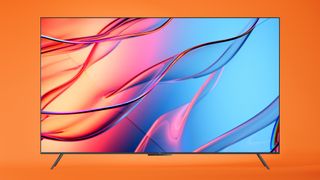
This is Amazon's first Mini-LED TV. It's emulating Roku in this way, which also launched its own first Mini-LED design this year in the Roku Pro Series. The Mini-LED TV market is quite vast, populated by offerings from the likes of Sony, Hisense, TCL, Samsung and Panasonic, but Amazon's Fire TV Omni Mini-LED series is a serious new contender in the space.
It leverages a 144Hz refresh rate — quite astounding alone given its price point that starts at $819 — in tandem with AMD FreeSync Premium Pro support to give the gamers ample juice for fast-paced action. While it doesn't specify in its blog, the Omni Mini-LED TV might use VRR to reach that 144Hz refresh rate while having a native 120Hz, making it particularly ideal for the PS5 Pro and potentially one of the best gaming TVs for the price.
Amazon's claiming some incredible test results on its new TV, highlighting 1,400 nits of peak brightness, though we won't know how well it really is until we get it into the lab. If accurate, that would put it well over the Roku Pro Series' 922 nits and just under the Panasonic W95A's 1,617 nits (review pending). Amazon also says the new Omni Mini-LED TV will offer up to 1,344 dimming zones, which will depend on TV size.
Amazon also made a point to highlight its Ambient Experience, a feature that turns Amazon Fire TVs into the Samsung The Frame-like experience, which will be available on the new design. More and more TV manufacturers are catching on to the function, with TCL and Hisense launching similar TV offerings like The Frame, while Roku and Fire TV are relying on software.
The Fire TV Omni Mini-LED will also be the first Amazon Fire TV to support Dolby Atmos, giving all your audiophile friends something to enjoy when they come over. You may still want to look out for one of the best Dolby Atmos soundbars, as TV audio isn't always the best — even with built-in a subwoofer.
But Amazon's got you covered with a new soundbar, too.
A new budget soundbar enters the chat
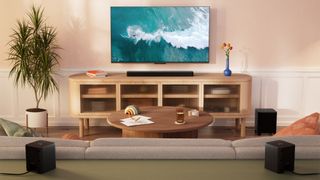
Amazon didn't stop at a new Mini-LED TV offering, as its also bringing to market a new soundbar that packs within it a 3.1-channel system. It's claiming the new $249 Fire TV Soundbar Plus as an all-in-one system, sporting Dolby Atmos support, precise tuning and a Dialogue Enhancer feature so you never miss what your favorite character has to say.
And it doesn't stop at just a soundbar, as Amazon's also brining some additional hi-fi products in a wireless subwoofer and two surround sound speakers. You can purchase the Soundbar Plus in bundles including these side offerings, with the wireless subwoofer bundle costing $374 and the surround sound speaker and wireless subwoofer bundle costing $489.
The new Fire TV Omni Mini-LED TV launches today alongside the Fire TV Soundbar Plus. Both are available at Amazon starting at $819 and $249, respectively.
More from Tom's Guide
- You can get a free Samsung TV right now with a purchase — here's how
- TVs refresh rates are stuck at 144Hz — here’s why that needs to change
- Apple TV 4K set to receive major free update in December — here’s what’s coming
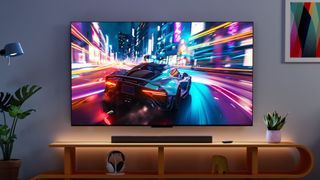




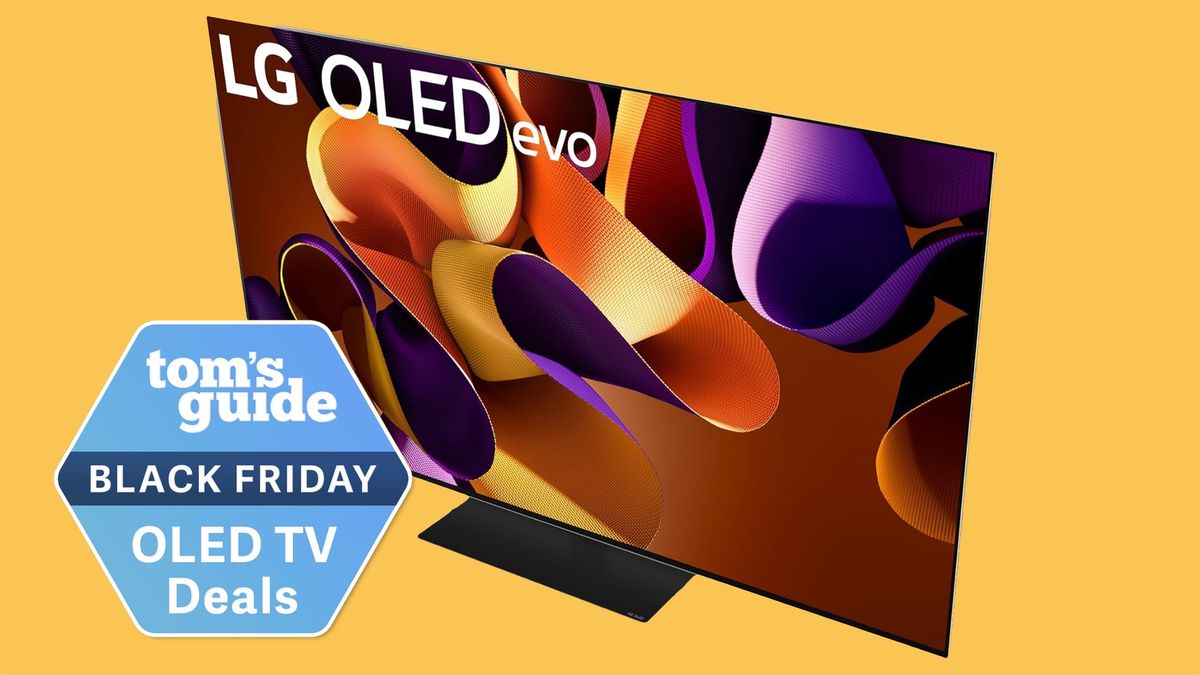





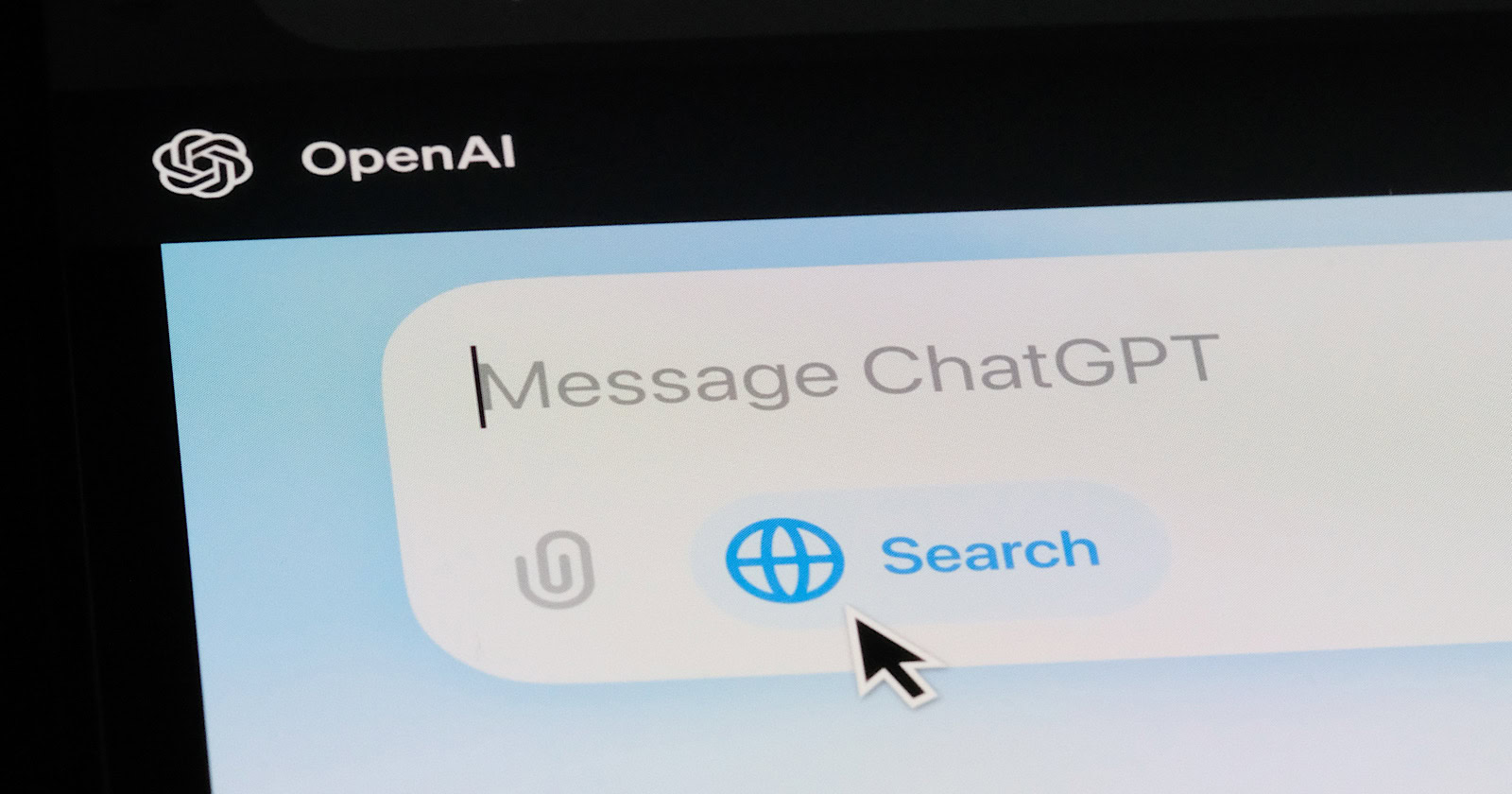
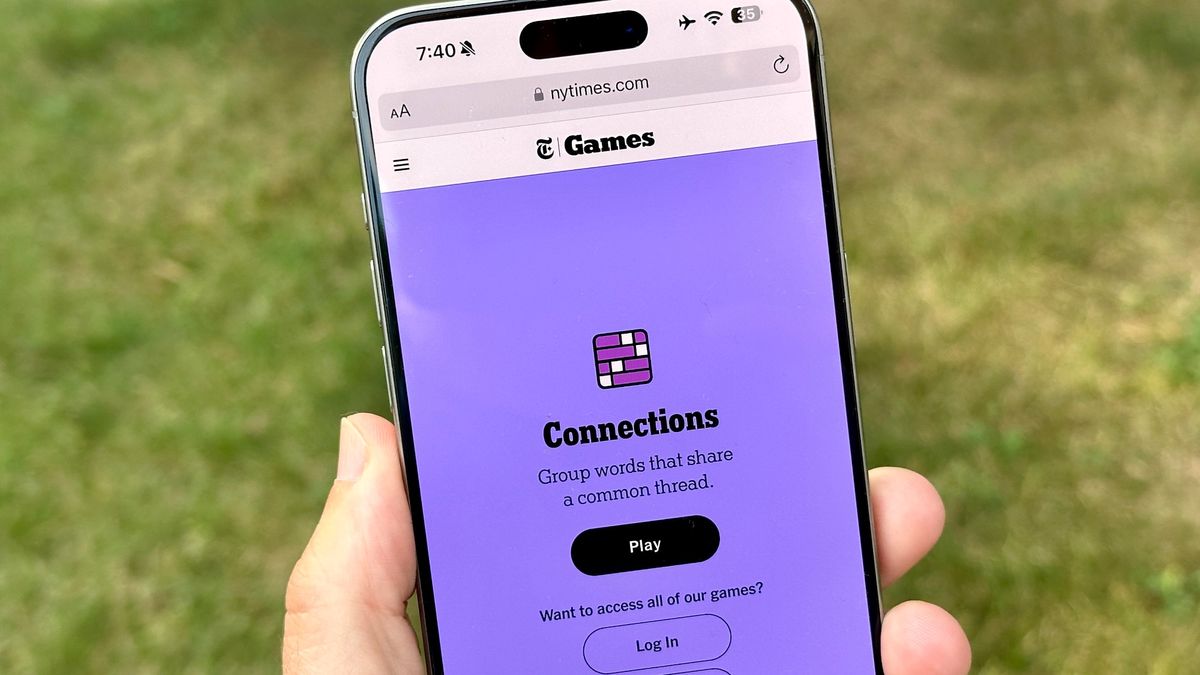








 English (US) ·
English (US) ·